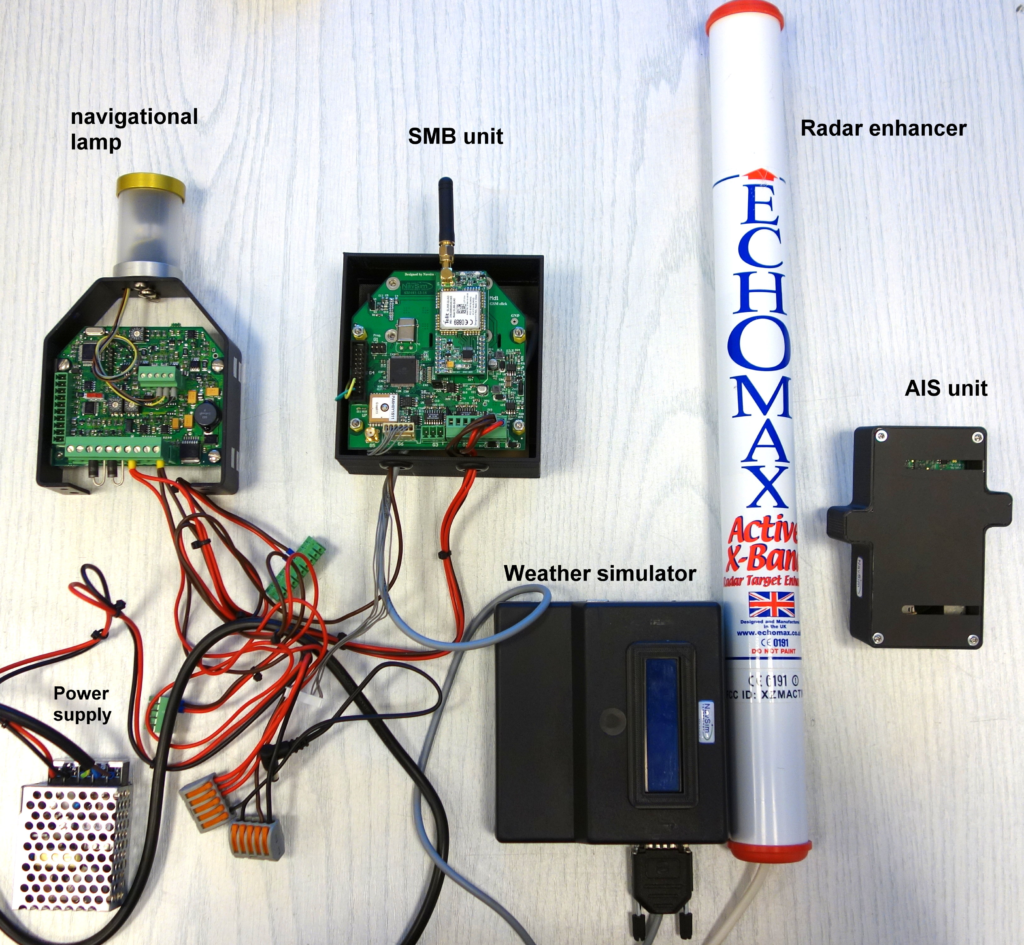Smart Buoy deployed in Poland by European project
The European project EfficienSea2 is testing a new Smart Buoy solution which will allow ships to have improved navigational services and to receive data in support of vessel operations when reaching ports.
The Maritime Office in Gdynia, Poland, is testing a newly developed Smart Buoy solution which will allow port authorities and ships to collect information about weather, wave heights and water level and then share that information with nearby users in a completely autonomous system.
The development of the Smart Buoys has been based on user requirements from pilots and VTS officers, and AtoN administration staff. The Smart Buoys, which include an AIS/GPS module, hydrometeorological sensors and GSM/radio hardware able to connect to cellular networks, have already been tested in a laboratory.
They are now ready to be tested in a real marine environment, explains Marek Ledóchowski, Navigation Manager at the Maritime Office of Gdynia:
“We are very excited about the buoys being tested at sea and we look forward to the results. If this final test is successful, the buoys we have developed here in Gdynia will be deployable all over the Baltic Region soon and will help ports increase the safety for ships approaching the port or another area that is difficult to navigate,” he says.
The system includes a radar target enhancer which will allow it to be applied far away from shore AIS or VTS coverage. The buoys can optimise their own power consumption by changing the light intensity or switching on/off the radar target enhancer for a specific amount of time.
Part of a wider network
The Smart Buoys are expected to be connectable to the so-called ‘Maritime Cloud‘, which is the innovation centrepiece of the EfficienSea2 project. The Maritime Cloud is a communication framework, which allows sailors to find and connect to authenticated services based on their specific location and need.
The buoys will constantly gather and forward relevant information about the local conditions and it will thus be possible for ships that have never docked in, for example, Gdynia before to find all the information they need in the Smart Buoy service through the Maritime Cloud.
For Marek Ledóchowski this represents a major step forward:
“Ports will be able to offer a service providing increased safety to mariners without them needing to have local knowledge or communicate excessively with the shore. It will be a service for all to access, and it will save crucial capacity on the mariner’s part so that he or she can focus on navigating the ship,” he says.
The Maritime Office of Gdynia is hosting a public event on August 30th and August 31st to showcase their results. You can read more about that event and the project at EfficienSea2.org.

